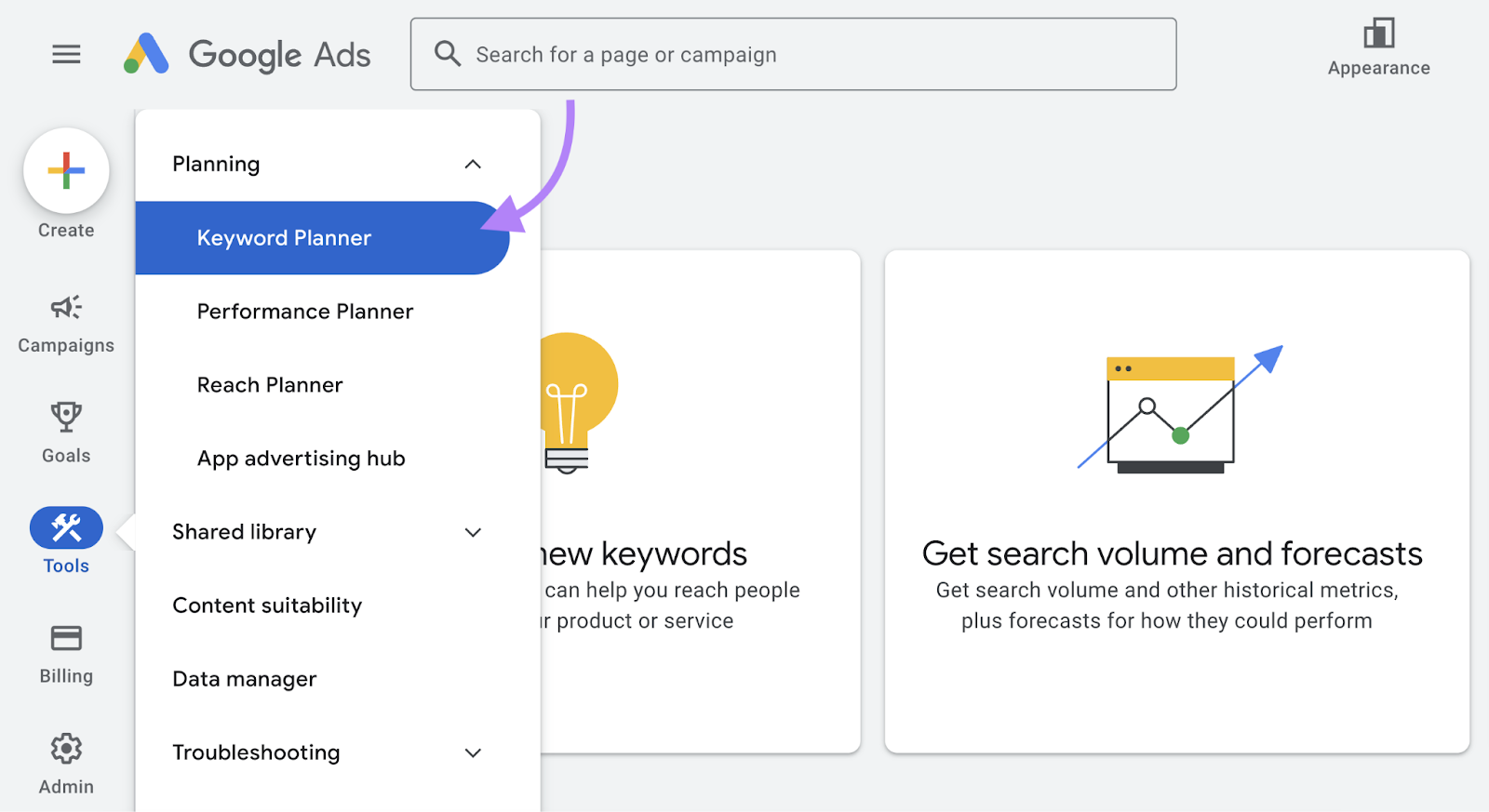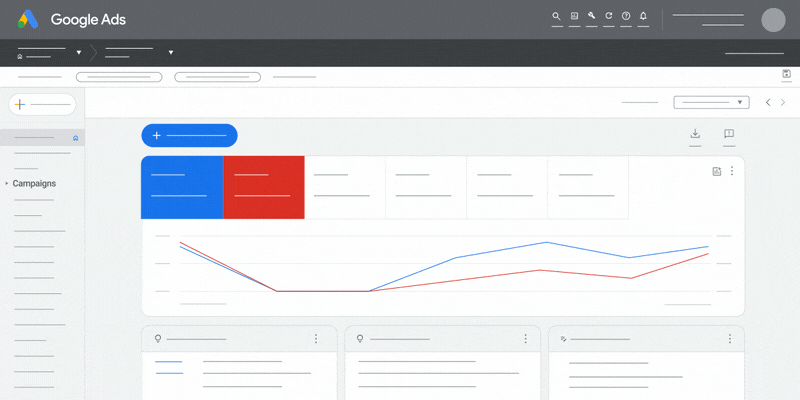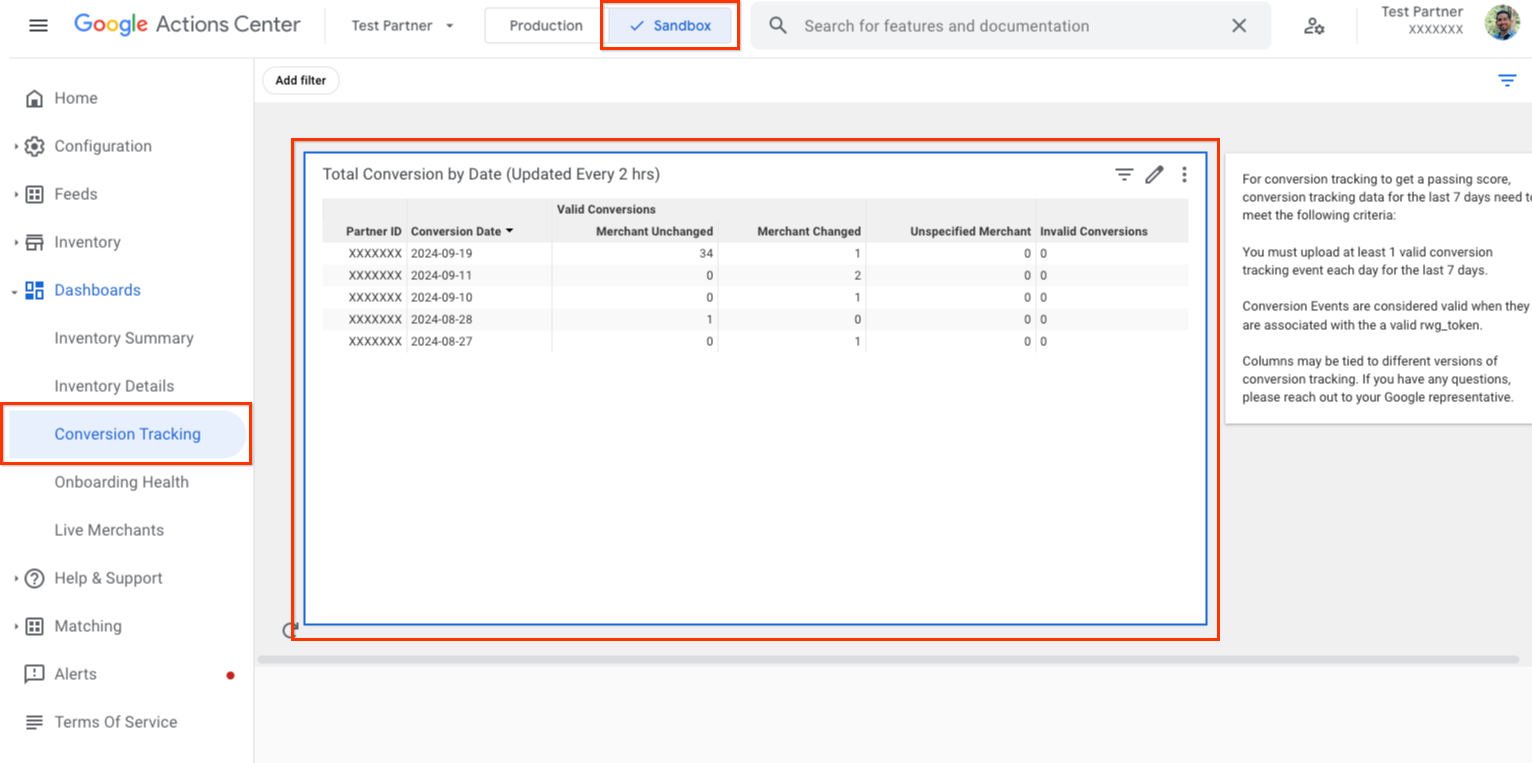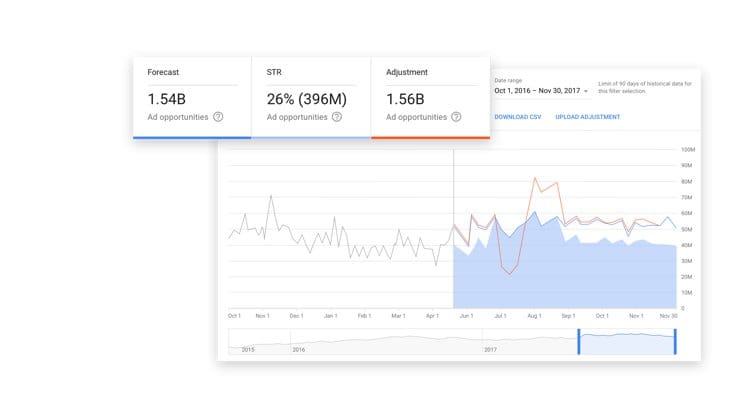
Google Ads can be a powerful tool for law firms looking to attract clients and grow their practice.
However, many campaigns fail before they even have a chance to succeed. The truth is, launching a Google Ads campaign isn’t as simple as creating an ad and waiting for results.
Without proper planning and execution, even the best-intentioned campaigns can fall flat, resulting in wasted budgets and missed opportunities.
In this article, we’ll explore why some Google Ads campaigns fail before they even begin. From strategy missteps and poor keyword choices to issues with landing pages and compliance, there are several critical factors that, if overlooked, can derail a campaign before it gets off the ground.
By understanding these common pitfalls, you can ensure that your Google Ads campaigns are set up for success from the very start.
The foundation of a successful Google Ads campaign is a solid plan and clear strategy. Without these, even the best ad creatives and the most carefully chosen keywords will fall short.
Two common pitfalls in this phase are a lack of campaign planning and an unclear target audience.
One of the most significant reasons Google Ads campaigns fail before they begin is the absence of a clear strategy.
Simply launching a campaign without first defining goals—such as lead generation, increasing website traffic, or building brand awareness—can result in confusion and inefficiency. Without clear objectives, it’s difficult to track success, adjust your approach, or measure return on investment (ROI).
It’s important to answer key questions before you start:
Another common mistake is failing to clearly define your target audience.
Google Ads offers powerful targeting tools, but they are useless if you don't know exactly who you're trying to reach. Law firms often make the mistake of casting too wide of a net, targeting anyone who might be interested in their services rather than narrowing down their audience to those most likely to convert.
Targeting an unclear or overly broad audience leads to wasted impressions, irrelevant clicks, and higher costs.
Focusing on a specific, well-defined audience allows your ads to appear in front of the right people at the right time, ensuring your budget is spent efficiently and that you're reaching potential clients who are more likely to convert.
Keyword selection is the foundation of any successful Google Ads campaign, and getting it wrong can lead to wasted spend and missed opportunities.
When law firms fail to target the right keywords, they risk reaching the wrong audience—resulting in poor conversions and a low return on investment.
Choosing overly broad or highly competitive keywords is one of the most common mistakes law firms make.
For example, a broad keyword like "lawyer" is very general and will attract many irrelevant clicks from people who aren't actively searching for legal services.
A better approach is to focus on specific, niche keywords, such as “real estate attorney in [city]” or “best criminal defense lawyer near me.”
Long-tail keywords, which are longer and more specific phrases, are often overlooked but can be much more effective.
These keywords tend to have lower competition, cost less per click, and attract highly targeted traffic.
A keyword like “how to file a personal injury claim in [city]” is much more likely to connect your law firm with someone who is actively seeking legal assistance in your area.
Negative keywords are essential for filtering out irrelevant traffic that could drain your budget.
For instance, if you’re a family law firm, you wouldn’t want your ads to show up for searches related to criminal defense or bankruptcy law.
By identifying and adding negative keywords to your campaign, you ensure your ads reach only the most relevant prospects.
Proper keyword selection ensures that your Google Ads campaign reaches the right audience, maximizes your budget, and increases your chances of converting clicks into clients.

A well-thought-out budget is critical to the success of a Google Ads campaign.
Whether your budget is too small or too large, setting the wrong budget can derail your campaign before it even begins.
Mismanaging your budget leads to wasted spend, poor performance, or missed opportunities.
While it’s tempting to start with a minimal budget to “test the waters,” law firms often find that a low budget can’t generate enough traffic to make an impact.
Google Ads operates in a competitive marketplace, and if your budget is too small, your ads may not be shown frequently enough to drive meaningful results.
Low budgets can result in your ads not being competitive enough to win bids, leaving you invisible to potential clients.
On the flip side, some firms overestimate the amount needed to get started. They may allocate a large budget without properly aligning it with their strategy or targeting.
This can lead to overspending on irrelevant clicks or low-converting keywords, draining resources without achieving the desired results.
It's essential to match the budget with campaign goals, keyword selection, and expected competition to avoid unnecessary waste.
The key is to find a balance between a budget that's high enough to compete in your market and one that is manageable based on your goals.
Start small, test, and monitor the results. Adjust your budget based on the data and scale up once you see successful outcomes.
By carefully monitoring your budget allocation and adjusting it over time, you can ensure your Google Ads campaign stays within budget while still being effective.
In summary, setting the right budget is crucial to the success of your Google Ads campaign.
Too low, and you risk insufficient visibility; too high, and you could overspend without seeing meaningful returns.
By finding the right balance and aligning your budget with your campaign goals, you’ll ensure that your ad spend is both effective and sustainable, setting your campaign up for long-term success.

Google Ads has strict rules when it comes to advertising legal services, and ignoring these compliance requirements can cause campaigns to fail before they even begin.
Law firms need to be aware of the legal restrictions around advertising in the legal field and ensure they’re following Google’s guidelines.
Failing to do so can result in ad disapprovals, penalties, or even account suspension.
Google’s policies for legal ads vary by country and region, but they all share one common goal: protecting consumers from misleading or harmful advertising.
For example, some jurisdictions require specific disclaimers to be included in ads, such as stating that a lawyer is a member of a particular bar association or offering clear information about legal fees.
In certain countries, ads may not be allowed for specific types of legal services (e.g., criminal defense or personal injury) unless the law firm has been certified by Google as qualified to advertise those services.
Not adhering to these policies can result in your ads being disapproved, which means your campaign won’t even get off the ground. To prevent this, law firms should familiarize themselves with Google’s policies for legal advertising and make sure their ads comply with all the necessary rules before launching.
Another common issue that can lead to ad disapprovals or account suspension is the use of misleading claims.
Google requires legal ads to be truthful and transparent. If your ad claims that your law firm is "the best" or guarantees specific results, this could violate Google’s policies.
Instead, ads should focus on providing valuable information to potential clients without making unverifiable promises.
When compliance is ignored, your campaign could face interruptions or be shut down entirely.
Compliance isn’t just about following the rules—it also helps build trust with potential clients. By ensuring your ads meet legal standards, you show that your firm is transparent, professional, and committed to ethical practices.
This builds credibility and can improve your ad performance by enhancing client confidence.

“My website continues to dominate all the top website searches in my industry and my business has grown 10-fold as a result.”
Oykhman Criminal Defence
Even if your Google Ads campaign is perfectly structured, your campaign’s success is ultimately determined by the user experience on your landing page and the ability to track conversions.
If either of these elements is flawed, your campaign is set up for failure before it truly begins.
The landing page is where your ad traffic lands after clicking the ad, and it needs to align perfectly with what the ad promised.
If your landing page doesn’t offer relevant information or a smooth user experience, visitors will bounce immediately—no matter how well your ad was designed.
A disconnect between the ad and the landing page leads to wasted clicks and wasted budget.
Key factors that can cause landing page failure include:
Even with the perfect landing page, you can’t optimize or scale your campaign without knowing which actions are driving results.
Conversion tracking is essential for measuring the effectiveness of your Google Ads campaign. Without proper tracking, you have no way to tell if the people who clicked on your ads are actually completing the desired actions—like filling out a contact form, calling your firm, or scheduling a consultation.
Google Ads allows you to set up conversion tracking to measure various actions on your site. If this feature isn’t set up properly, you won’t be able to collect data to make informed decisions on campaign optimization.
Without conversion tracking, you’re essentially flying blind, unable to adjust bids, keywords, or ad copy based on performance data.
In addition to Google Ads tracking, integrating tools like Google Analytics can help you understand the full customer journey and identify potential bottlenecks in the conversion process.
To prevent landing page and conversion tracking failures, ensure the following:

One of the most critical steps in ensuring the success of a Google Ads campaign is thorough pre-launch testing and optimization.
Many campaigns fail before they even get started because firms rush through the setup process without taking the time to test their ads, keywords, and landing pages.
This step is essential to iron out potential issues, refine your approach, and maximize the chances of a successful launch.
Testing allows you to identify problems before they cost you time and money.
Whether it’s A/B testing your ad copy, experimenting with different keyword variations, or testing landing page layouts, these small adjustments can make a significant difference in the performance of your campaign.
For example, A/B testing ad copy helps you determine which headlines, descriptions, and calls-to-action resonate best with your target audience.
If you skip this step, you might end up running ads that fail to capture attention or generate clicks, resulting in wasted budget and missed opportunities.
To optimize your campaign, it's important to test various aspects of your ads and landing pages, including:
It’s tempting to launch a full-scale campaign immediately, but doing so without first testing can result in subpar performance.
Start with a smaller budget and limited scope to run your initial tests. Monitor the data closely and use the insights to tweak your keywords, ad copy, and landing page.
Once you’ve optimized these elements, scale up your campaign gradually.

By testing early on, you’ll gain valuable insights into how to best optimize your campaign for success.
This ensures that when you do launch, you’re putting your best foot forward and investing your budget in the most effective strategies.
Even after your Google Ads campaign is live, it’s crucial to continue monitoring its performance and making adjustments as needed.
Too many law firms make the mistake of setting up their campaigns and then letting them run without further attention.
However, without ongoing analysis and optimization, campaigns can quickly lose momentum, overspend, or underperform.
Google Ads campaigns are dynamic, and the results you see in the first few days or weeks may not be indicative of how the campaign will perform over time.
Regular monitoring allows you to catch issues early—whether it’s a sudden spike in cost-per-click, a drop in conversion rates, or underperforming keywords.
By checking in on your campaign’s performance regularly, you can identify trends and make adjustments before problems escalate.
Some key performance metrics to watch closely include:
The real power of Google Ads lies in your ability to adapt based on performance data. Here are some adjustments you can make to keep your campaign optimized:

The most common reason is a lack of proper planning and strategy. Law firms often fail to clearly define their goals, target audience, or keyword strategy, which can result in wasted ad spend and poor performance.
Start by targeting specific, long-tail keywords that reflect the legal services you offer in your area. Avoid overly broad terms and ensure you’re using negative keywords to filter out irrelevant traffic.
Your budget should be realistic based on your goals and competition. Start with a reasonable amount, monitor the results, and adjust your budget over time as you identify which strategies are most effective.
Familiarize yourself with Google’s legal ads policies, including necessary disclaimers and restrictions. Ensure your ads are truthful, transparent, and in line with the regulations for legal advertising in your jurisdiction.
A good landing page is relevant to the ad, loads quickly, is optimized for mobile users, and includes a clear call-to-action. It should provide valuable information and be designed to convert visitors into clients.
Negative keywords are terms that prevent your ads from showing up for irrelevant or undesirable searches. They help reduce wasted spend and ensure your ads reach only the most relevant audience.
You can set up conversion tracking in Google Ads to monitor key actions, such as form submissions, phone calls, or consultation bookings. This allows you to measure the effectiveness of your ads and adjust strategies accordingly.
Regular monitoring is essential, especially in the early stages. Checking your campaign weekly allows you to identify any issues, such as rising costs or low conversions, and make necessary adjustments.
A/B testing involves running two or more versions of an ad to see which performs best. It helps you optimize your messaging, headlines, and calls-to-action, leading to better engagement and conversion rates.
Yes, but it requires careful planning and optimization. Focus on targeting highly relevant, low-competition keywords, optimizing your landing pages, and continually testing and adjusting to get the best results with your budget.
Ready to maximize your marketing budget? Fill out the contact form or call us today for a complimentary consultation. We will listen to your story, work to define your business objectives, and recommend an approach to deliver maximum ROI for your firm.
By using this website, you consent to our use of cookies in accordance with our Cookie Policy. Cookies help us enhance your browsing experience and provide personalized content. If you do not agree to our use of cookies, please adjust your browser settings accordingly.